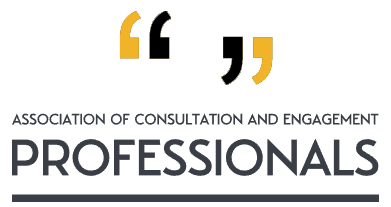We should start with the caveat that this is a rare scenario – more often than not, citizens are demanding more consultation or engagement and government is generally trying to become more participatory.
However, there are some basic ‘rules of thumb’. Firstly, you shouldn’t ask people their opinions on things that have already been decided. It’s wrong on a number of levels – including legally – and eventually this practice manifests in low levels of repeat engagement. It can also ‘cloud’ and inflame key issues or decisions to be taken. For example, if there are plans to close a Library then it’s probably best to avoid asking questions about the types of books or formats that could be served in the future.
Secondly, there is the premise of strong leadership. Some decisions can be taken autonomously and the wisdom of the crowd could result in a misguided outcome. In other words, if there’s no obligation or morale reason (think about the principles of fairness) to consult or engage then there’s a chance you will dilute the otherwise important moments and create fatigue. The classic example might be a rebranding exercise where market research is enough – or the outsourcing of services which is a purely commercial decision.
The third scenario is slightly more complex and is defined by the legal framework in certain countries. For example, rarely are there consultations about national security or defence. From this perspective, it might be a matter of secrecy and thus necessity to keep the process hidden. The rationale is safeguarding in terms or preventing interference from foreign actors. Did anybody consult citizens of Europe about the expansion of NATO?
Next, there is the *true* purpose or root cause of the consultation or engagement exercise. Sometimes authenticity is skewed by an auterior motive – often politics or political brinkmanship. For example, in 2022, Tunisia’s president asked for citizen input to rewrite the constitution after dismissing Parliament. With two weeks to go before the survey was due to conclude, only 276,000 people took part in a population of 12 million. Critics accused the president of using consultation as a tool for enhancing personal popularity.
A twist on this scenario might be that a solution is suddenly discovered or if the case for change becomes dismantled. This can happen ‘mid process’. For example, if more money is found to save a facility or if a new solution is discovered which no longer creates any external facing impacts.
Finally, there are situational reasons. For example, the duty to consult in the NHS was temporarily lifted during the pandemic to allow faster decision-making and to lift resource burdens so staff could refocus on saving lives. That doesn’t mean the duty went away after ‘temporary changes’ were made (in other words, there was a need to consult on making temporary changes permanent).
To conclude, sometimes less is more. Did we miss any other scenarios? Tell us below.

